Asking Good (Open-Ended, Affective) Questions
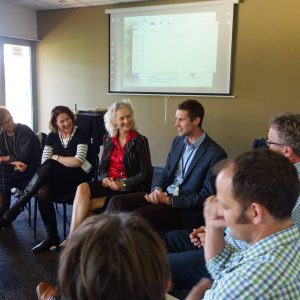
Curiosity Did Not Harm the Cat
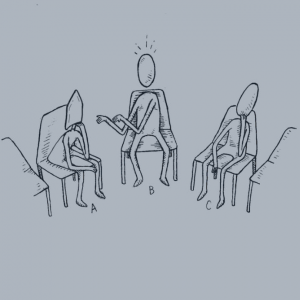
Shovel Face
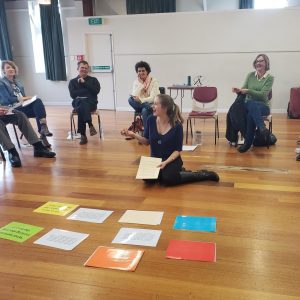
What Happened?
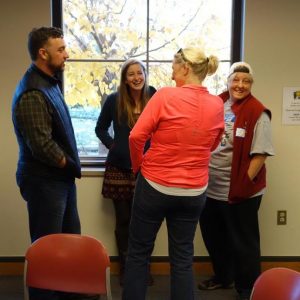
Two Truths and a Lie with Open-Ended Questions
Creative Ideas to Repair Harms

Out of the Box
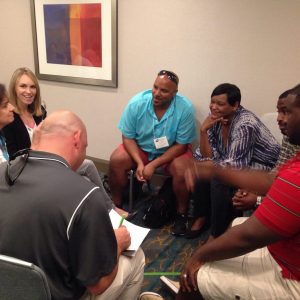
Common Everyday Objects
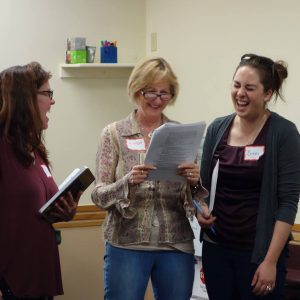
Repair Balderdash
Reflective Statements and Reframing
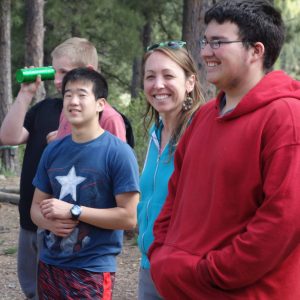
Mirror Mirror
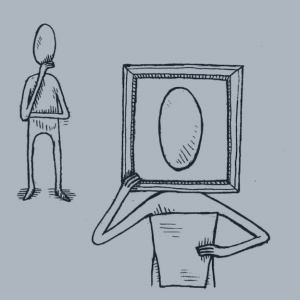
Race to Reframe

Elephant Ears: Advanced Skills for Listening
This activity helps us fine tune our active listening skills by developing understanding and practicing specific types of responses to the speaker. Learners will become familiar with the nuanced differences between reflective statements, affirmations, validations, and reframing.
Understanding Needs
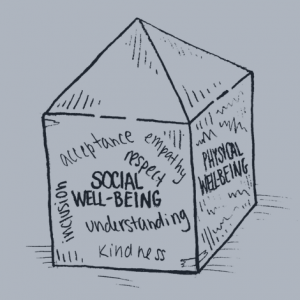
Build the House
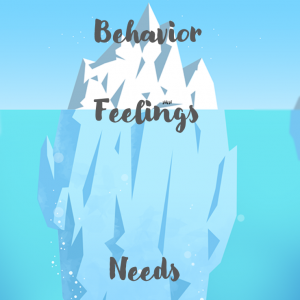
Needs and Feelings Iceberg
An activity to help students understand the unmet needs that are at the root of challenging behaviors using the visual of an iceberg.
Understanding and Addressing Structural Injustices
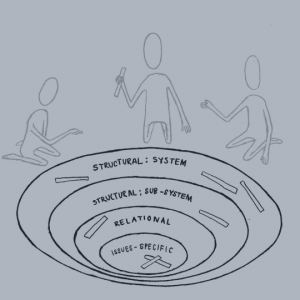
Build the Nest
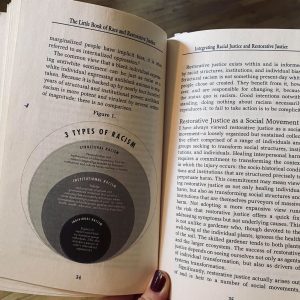
Identifying, Navigating & Transforming Racial Justice
An activity to help students understand that restorative justice exists within and is informed by racist structures, institutions, and individual bias. This activity is based on Fania Davis’ The Little Book of Race and Restorative Justice.

Viewing History through a Restorative Lens

Understanding the First Harm
Learn more deeply about the extent of harm suffered by native peoples as their lands were colonized and their rights, resources, and ways of life were stripped away. Consider what actions you can take toward restoring right relationship with native peoples.

Play the Game
Play the Game by Charlene Allen is a novel that explores restorative justice and the need for restorative responses to incidents of interpersonal harm, community violence, and larger structural injustices. This activity is designed as a companion to the novel.
Access the slide template here.
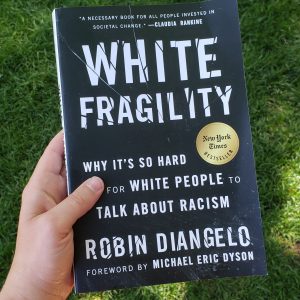
Exploring Our Reactions: Deepening Learning from DiAngelo's White Fragility
An activity intended for groups of white learners to reflect deeply on their own defensive reactions to awareness of their racism and provide a process to reframe how they are understanding and responding to that experience.
Differentiating between Restorative Processes
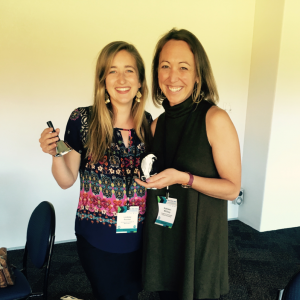
Race to Restore
Naming Emotions
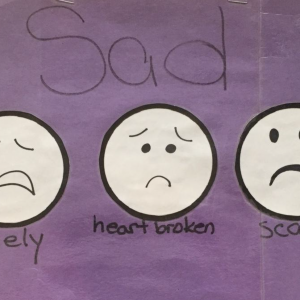
Not Just Happy, Sad, Mad: Naming a Rainbow of Emotions
Help young children to develop the key skills of identifying a wide range of emotions and cultivating empathy for the experiences of others.
Mindfulness

Practicing the Pause: Restorative Mindful Moments
The mindful pause interrupts reactions based on patterned judgements or assumptions and, instead, cultivates compassionate curiosity, from which a more empathetic and restorative response may arise.
Giving and Receiving Feedback
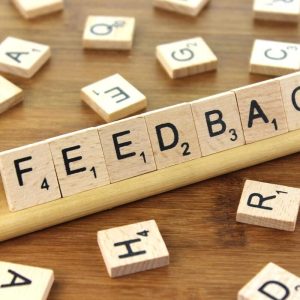
Feedback with Feelings and Needs
This activity will allow you to practice an approach to giving and receiving feedback that is grounded in respectful curiosity about individual feelings and needs.